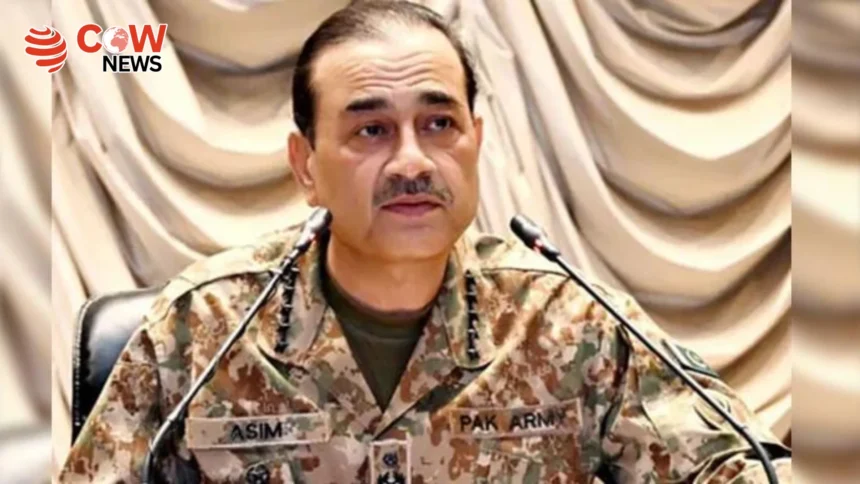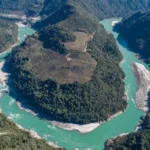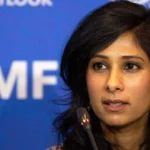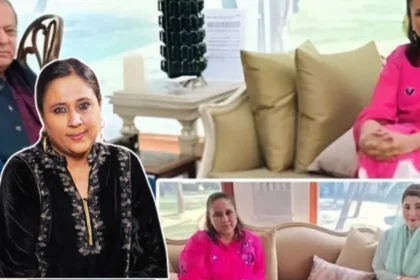Rawalpindi( The COW News Digital) Pakistan’s top business leaders met with Field Marshal General Asim Munir in Rawalpindi to discuss the current economic situation and offer policy suggestions aimed at stabilizing and strengthening the country’s financial landscape.
The delegation, led by former caretaker Federal Minister for Commerce Gohar Ejaz, included prominent figures such as Chairman APTMA Kamran Arshad, SM Tanveer, as well as presidents of the Federation of Pakistan Chambers of Commerce & Industry (FPCCI) and the Lahore Chamber of Commerce and Industry (LCCI).
During the high-level meeting, Gohar Ejaz provided a detailed briefing on the economic indicators and emphasized the need for continued reforms to ensure long-term stability. He acknowledged signs of improvement in Pakistan’s economic indicators but stressed that more business-friendly reforms are necessary to encourage sustainable growth.
He urged the government and relevant institutions to reduce the interest rate in accordance with inflation levels and requested that key concerns of the business community regarding the federal budget be addressed. Gohar Ejaz also called for the fulfillment of budgetary commitments made during the fiscal speech.
Speaking on export development, the delegation advocated for an export-led growth strategy and emphasized the need to protect the domestic cotton industry and the livelihoods of local farmers. The businessmen expressed confidence in the direction of current economic policies but stressed that consistency and implementation were crucial.
They highlighted the importance of creating an enabling environment for industries, particularly in terms of ease of doing business, tax reforms, and energy pricing. The delegation also discussed the potential for growth in Pakistan’s textile sector, digital economy, and agriculture with targeted investments and policy support.
Field Marshal Asim Munir expressed appreciation for the business community’s commitment and assured them that efforts for economic stability and national progress would continue with full institutional backing.
The meeting comes at a time when Pakistan is seeking to stabilize its economy through foreign investment, improved exports, and internal reforms under tight fiscal conditions.







